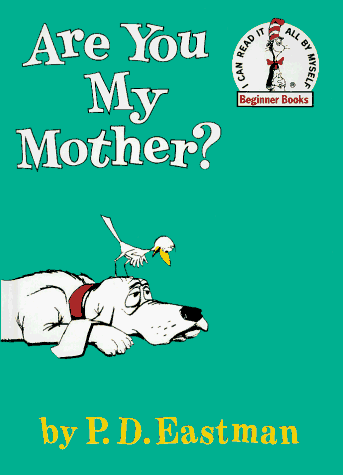Oh what natural bedfellows these fleas make and how they love The People. I’m talking about the Left and the left-leaning “Right” of our political and media establishment.
Last week, MSNBC’s Lawrence O’Donnell practically glorified House Speaker Paul Ryan for, as he put it, “giving little Donald Trump his first a major kindergarten lesson in government during a meeting on Capitol Hill, putting into perspective how hard it will be for Trump to pass his outrageous legislative agenda.”
Ryan was the best and smartest Republican negotiator [code for shyster] in D.C.; Trump the worst, exalted statist O’Donnell.
Note how O’Donnell frames the right thing—naturally right thing to do—as ignorant, “magic thinking. “Ryan has been dealing with children like Trump for years,” intones this pompous member of the ruling class, in reference to Tea Party fiscal impulses and Trump Nation inclinations.
Lawrence thinks the good kind of power comes from the Law and from The Constitution, rather than from The People heeding the natural law. Naturally, to O’Donnell, Ryan, a mere boy, is the adult in the room. Trump, a man of the world, who’s built stuff, is the child, sitting at the feet of legislator-cum-apostle Paul, lapping up his wisdom.
It’s simple. If Trump doesn’t fulfill his promises, just as Barack Obama did through Executive decrees (which most certainly are in the overreaching U.S. Constitution), through brute force; he’ll be a one-term president. The Constitution is a dead letter. Has been for a long time.
Besides, “The Constitution has saddled Americans with a very strong presidency, should he choose to act on the veto it grants him. Buried in the constitutional thickets, concedes historian Paul Johnson, are “huge powers.” The American president “was much stronger than most kings of the day, rivaled or exceeded only by the ‘Great Autocrat,’ the Tsar of Russia (and in practice stronger than most tsars). These powers were not explored until Andrew Jackson’s time, half a century on, when they astonished and frightened many people.”

